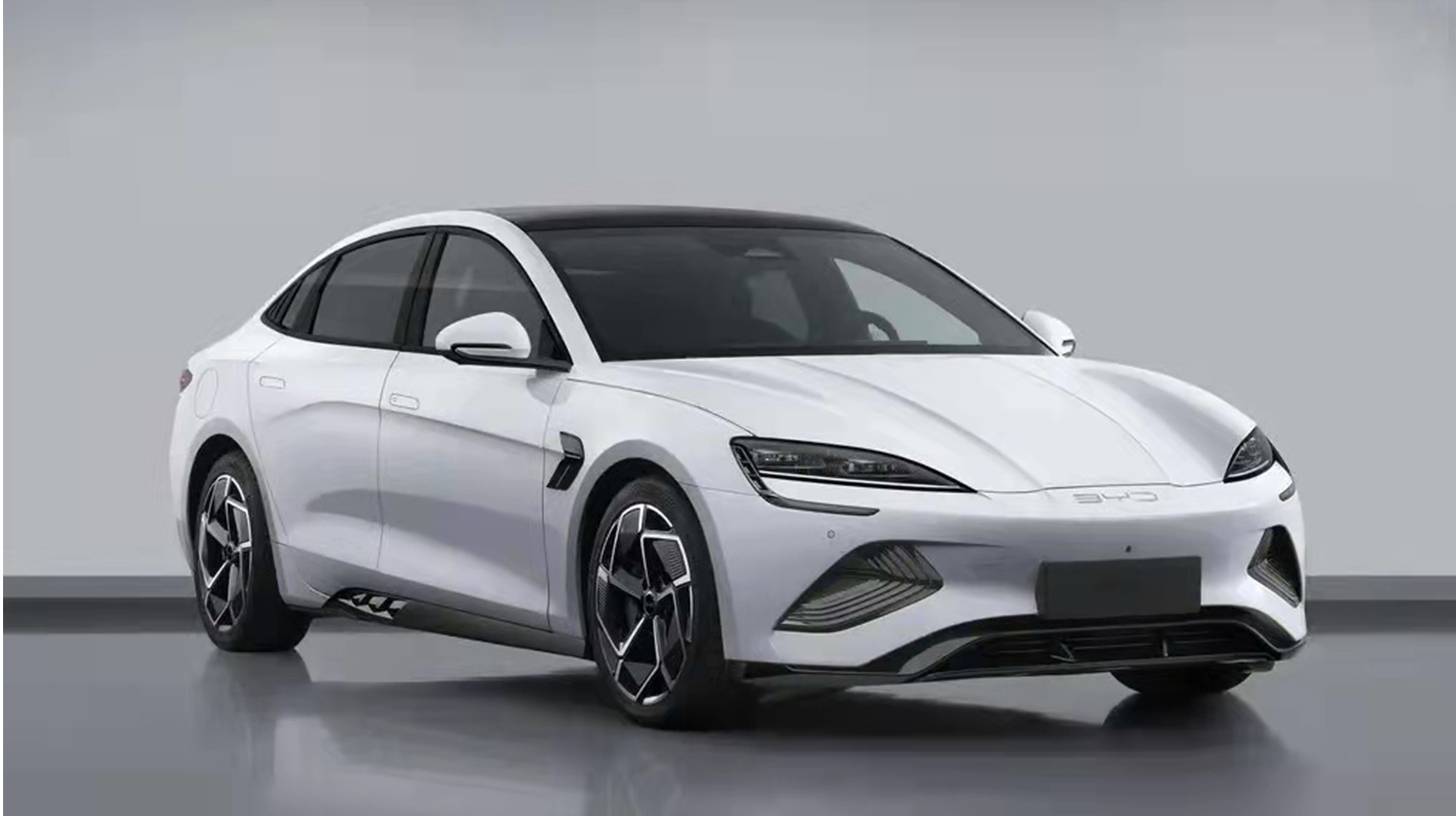Advanced lithium battery technology is at the forefront of transforming electric mobility, enabling longer ranges, faster charging times, and improved safety for electric vehicles (EVs). This evolution in battery design and chemistry is crucial for addressing the growing demand for sustainable transportation solutions.
What is Advanced Lithium Battery Technology and How Does It Work?
Advanced lithium battery technology refers to innovations in lithium-ion batteries that enhance their performance, safety, and efficiency. These batteries operate by moving lithium ions between a positive electrode (cathode) and a negative electrode (anode) during charging and discharging cycles. Recent advancements include the development of solid-state batteries and improvements in cathode materials.Chart: Comparison of Traditional vs. Advanced Lithium Batteries
| Feature | Traditional Lithium-Ion | Advanced Lithium Batteries |
|---|---|---|
| Energy Density (Wh/kg) | 150-250 | 300-500 |
| Charge Time | 30-60 minutes | 10-20 minutes |
| Cycle Life | 500-1500 cycles | 2000+ cycles |
| Safety | Moderate risk | High safety |
How Does Lithium Battery Technology Improve Electric Mobility?
Lithium battery technology enhances electric mobility by providing higher energy densities, which translates to longer driving ranges for EVs. Additionally, advancements in fast-charging capabilities reduce downtime at charging stations, making electric vehicles more convenient for consumers.
What Key Benefits Do Advanced Lithium Batteries Offer?
Advanced lithium batteries offer several significant benefits:
- Increased Range: Higher energy density allows for longer distances on a single charge.
- Faster Charging: Innovations enable rapid charging, reducing wait times.
- Improved Safety: Enhanced materials and designs minimize risks associated with overheating and fires.
- Longer Lifespan: New technologies extend the number of charge cycles before performance degradation occurs.
Chart: Impact of Advanced Batteries on EV Performance
| Metric | Traditional Batteries | Advanced Batteries |
|---|---|---|
| Average Range | 200-300 km | 400-600 km |
| Charging Time | 30-60 minutes | 10-20 minutes |
| Lifespan | 5 years | 10 years |
Why Is Lithium Battery Technology Crucial for Future Transportation Solutions?
Lithium battery technology is essential for future transportation as it supports the transition to electric vehicles, which are critical for reducing greenhouse gas emissions and combating climate change. As cities aim to become more sustainable, advancements in battery technology will play a pivotal role in facilitating this shift.
What Challenges Must Be Addressed in the Lithium Battery Sector?
Despite its advantages, the lithium battery industry faces several challenges:
- Resource Scarcity: The extraction of lithium and other materials can be environmentally damaging and unsustainable.
- Recycling Issues: Developing efficient recycling methods for used batteries remains a significant hurdle.
- Cost: While prices have decreased, advanced battery technologies still require substantial investment.
How Will Innovations in Lithium Battery Technology Influence the Future of Electric Vehicles?
Innovations in lithium battery technology will likely lead to more affordable electric vehicles with extended ranges and faster charging times. As manufacturers adopt these advancements, consumer acceptance of electric vehicles will increase, driving growth in this sector and contributing to a more sustainable transportation ecosystem.
Industrial News
Recent developments highlight significant progress in lithium battery technology. Major companies like Tesla and CATL are investing heavily in research to enhance battery performance further. Additionally, governments worldwide are promoting initiatives to support battery recycling programs and sustainable sourcing of raw materials, which could mitigate some environmental concerns associated with battery production.
Redway Expert Insights
“Advanced lithium battery technology is not just about improving performance; it’s about enabling a sustainable future,” states Dr. Emily Redway, an expert in energy storage solutions. “As we overcome current challenges, these innovations will be crucial for achieving widespread adoption of electric vehicles.”
FAQ Section
Q1: What is advanced lithium battery technology?
A1: It refers to innovations in lithium-ion batteries that enhance their performance, safety, and efficiency.Q2: How does this technology improve electric mobility?
A2: It provides longer ranges and faster charging times, making electric vehicles more convenient.Q3: What are the benefits of advanced lithium batteries?
A3: Benefits include increased range, faster charging, improved safety, and longer lifespan.Q4: What challenges does the lithium battery industry face?
A4: Challenges include resource scarcity, recycling issues, and high costs.Q5: How will innovations impact the future of electric vehicles?
A5: Innovations will lead to more affordable EVs with extended ranges and quicker charging times.



